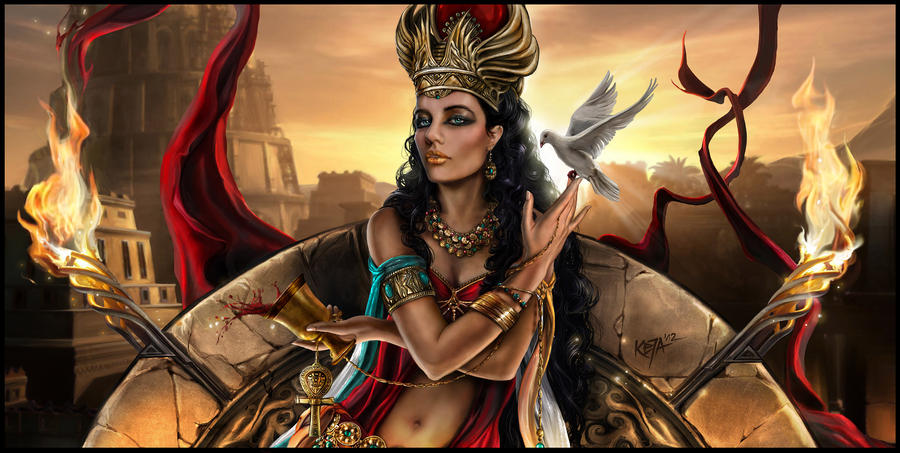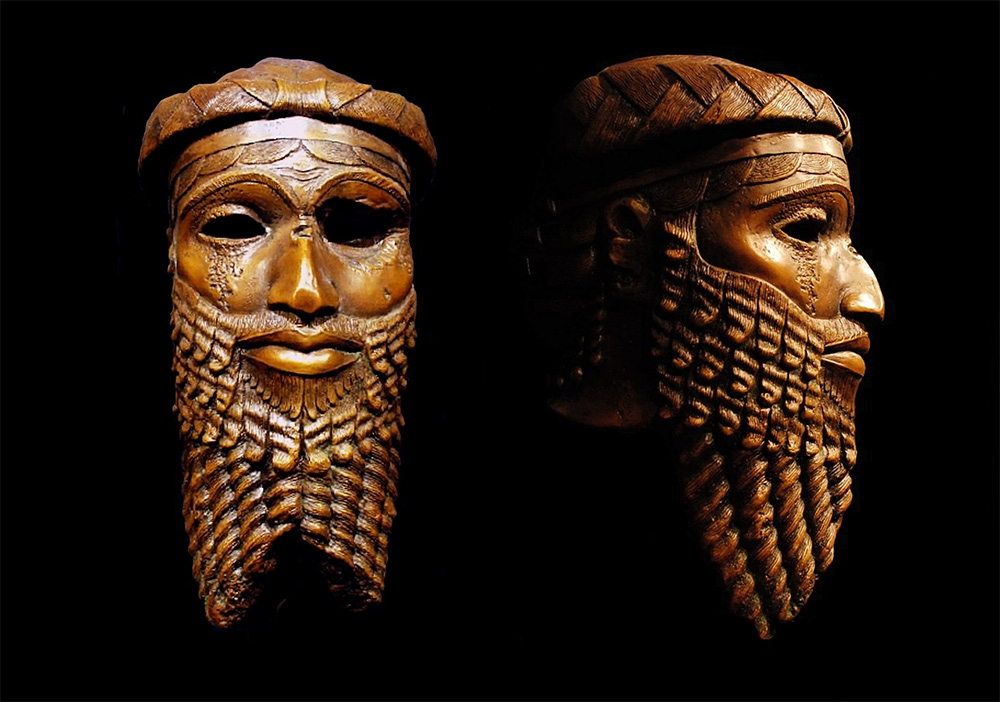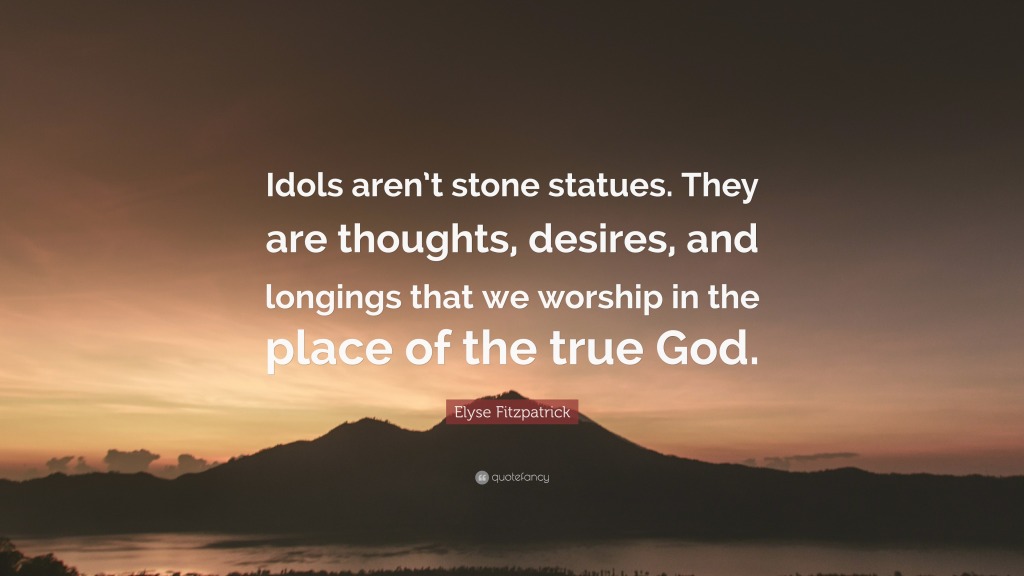There are differing opinions among historians and scholars regarding the identity and parentage of Nimrod and Semiramis, as well as their alleged son Tammuz. According to ancient Mesopotamian mythology, Nimrod was a legendary figure known for his great achievements, while Semiramis was a powerful queen in ancient Assyria. The belief that Tammuz was their son comes from the later interpretations of ancient texts, which some scholars disagree with.
Nimrod is often associated with the biblical figure mentioned in the book of Genesis. According to this account, Nimrod was a mighty hunter and the founder of several important cities. Semiramis, on the other hand, was a historical figure known for her efforts to expand the Assyrian Empire and build grand monuments. However, the idea that Tammuz was their son is not universally accepted by historians.
Some claim that the association of Tammuz with Nimrod and Semiramis stems from the reinterpretation of these ancient myths by later religious beliefs. In certain religious traitions, Tammuz is believed to be a pagan deity associated with fertility and rebirth. This association with fertility led some to speculate that Nimrod and Semiramis were his earthly parents.
However, it is important to note that the evidence supporting the claim of Nimrod and Semiramis being the earthly parents of Tammuz is limited and largely based on interpretations of ancient texts. These interpretations can vary greatly, and some historians argue that the association between these figures is more a result of religious symbolism and later religious doctrines rather than historical fact.
In conclusion, the question of whether Nimrod and Semiramis were the earthly parents of Tammuz remains a subject of debate among historians and scholars. While Nimrod and Semiramis are historically attested figures, the association with Tammuz as their son is not universally accepted. It is crucial to approach these ancient myths and religious interpretations with a critical mindset, considering the scarcity of evidence and the influence of religious beliefs on our understanding of these figures.dd




